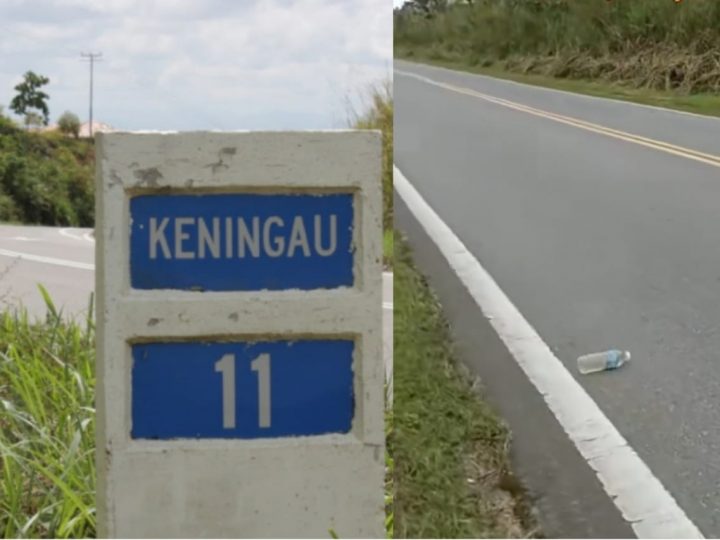Thailand’s Prime Minister Set To Revise Cannabis Policy Amid Local Dispensary Boom
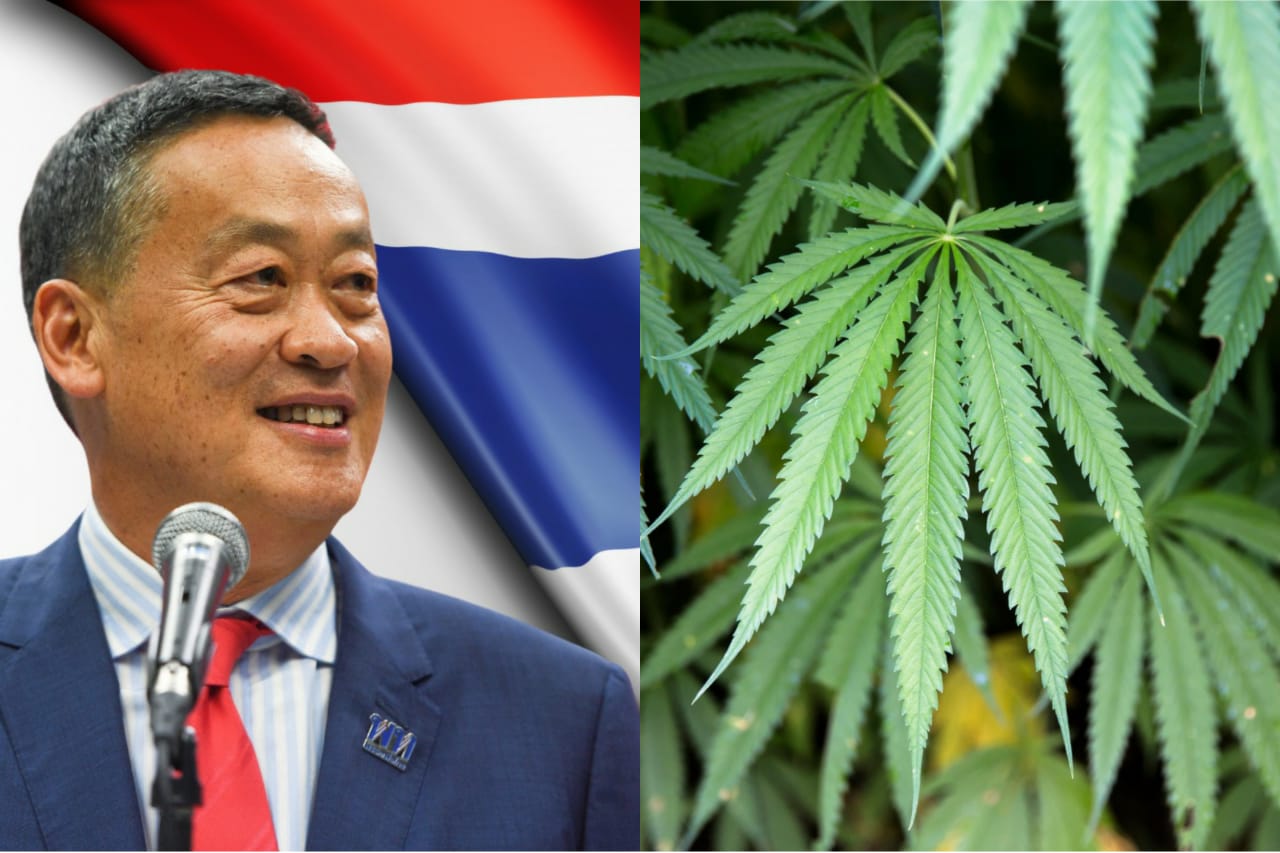 Thirsty for JUICE content? Quench your cravings on our Instagram, TikTok and WhatsApp
Thirsty for JUICE content? Quench your cravings on our Instagram, TikTok and WhatsApp
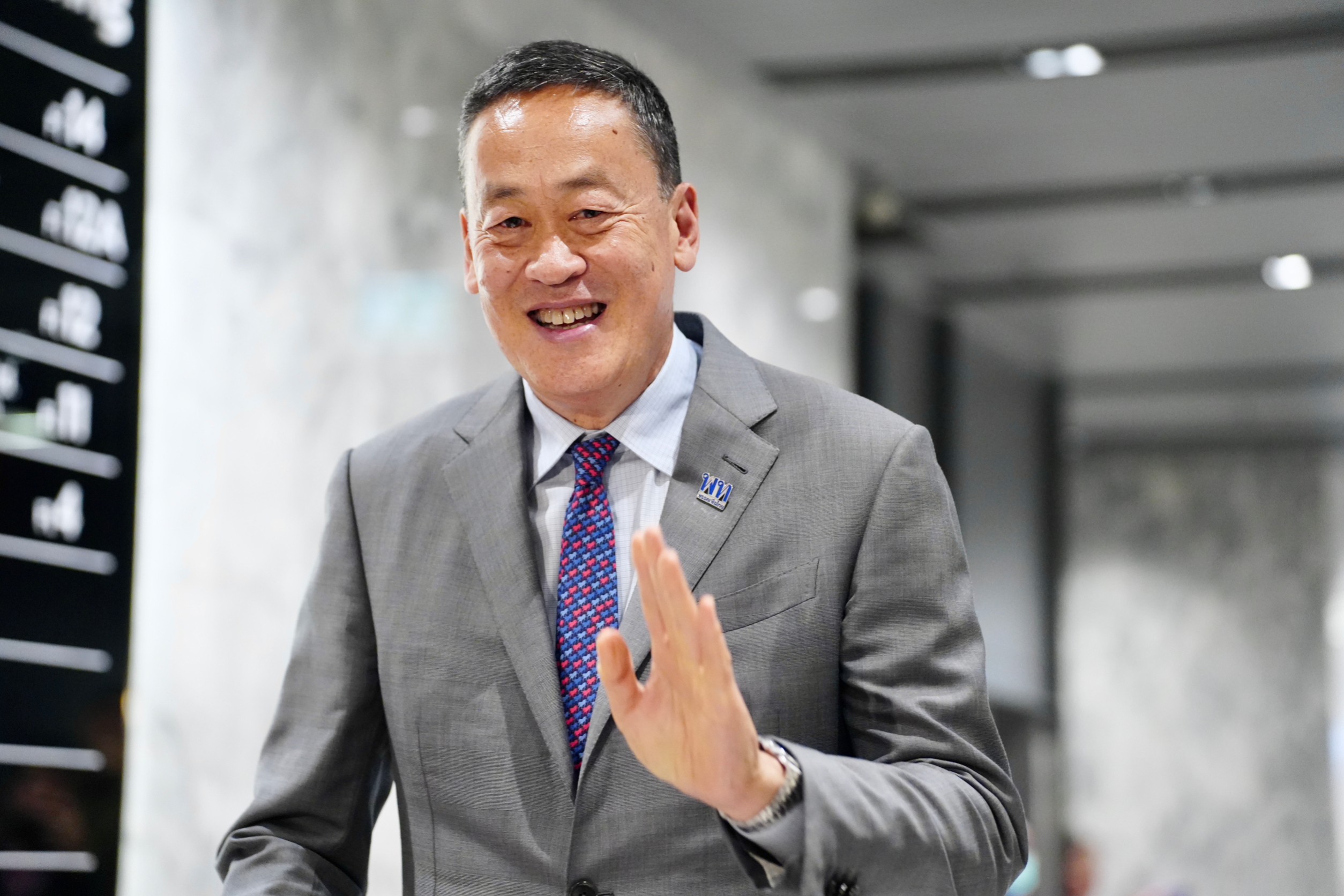
Thailand’s newly appointed prime minister has announced intentions to curtail the use of marijuana for medical purposes, responding to the proliferation of cannabis shops that emerged following the nation’s landmark decision to decriminalise cannabis a year ago – the first such move in Asia.
Prime Minister Srettha Thavisin conveyed his commitment to revise the cannabis policy and address the unchecked proliferation of dispensaries selling the drug within a strict six-month timeframe. Speaking in an interview with Bloomberg Television’s Haslinda Amin in New York, Srettha asserted the need to rewrite and rectify existing legislation, proposing a regulatory framework limited to medical use only. He categorically ruled out any allowance for recreational use.
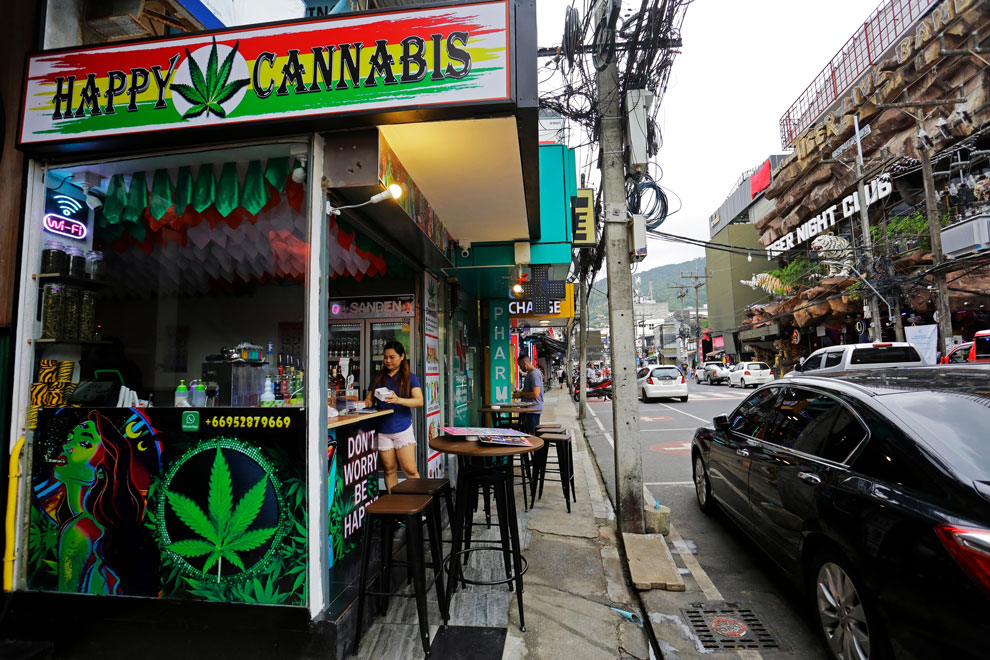
While there exists a general consensus among the 11-party coalition led by Srettha regarding the necessity of restricting cannabis use, the precise course of action his administration will undertake remains ambiguous.
Srettha’s Pheu Thai Party, during its electoral campaign preceding the May elections, promoted a resolute anti-drug stance and pledged to reverse the historic decision to decriminalise cannabis. Currently in a coalition with the Bhumjaithai Party under the leadership of Anutin Charnvirakul, who advocates for tighter industry oversight but opposes reclassifying cannabis as a narcotic, the government’s approach remains topic of debate.
According to Time, following the reclassification of marijuana as a non-narcotic substance, a regulatory void emerged, leading to the emergence of nearly 6,000 dispensaries across Thailand. These establishments offer a wide range of cannabis products, including buds and oil extracts. Medical cannabis products are categorised as containing less than 0.2% of THC, the psychoactive compound responsible for the “high” sensation.
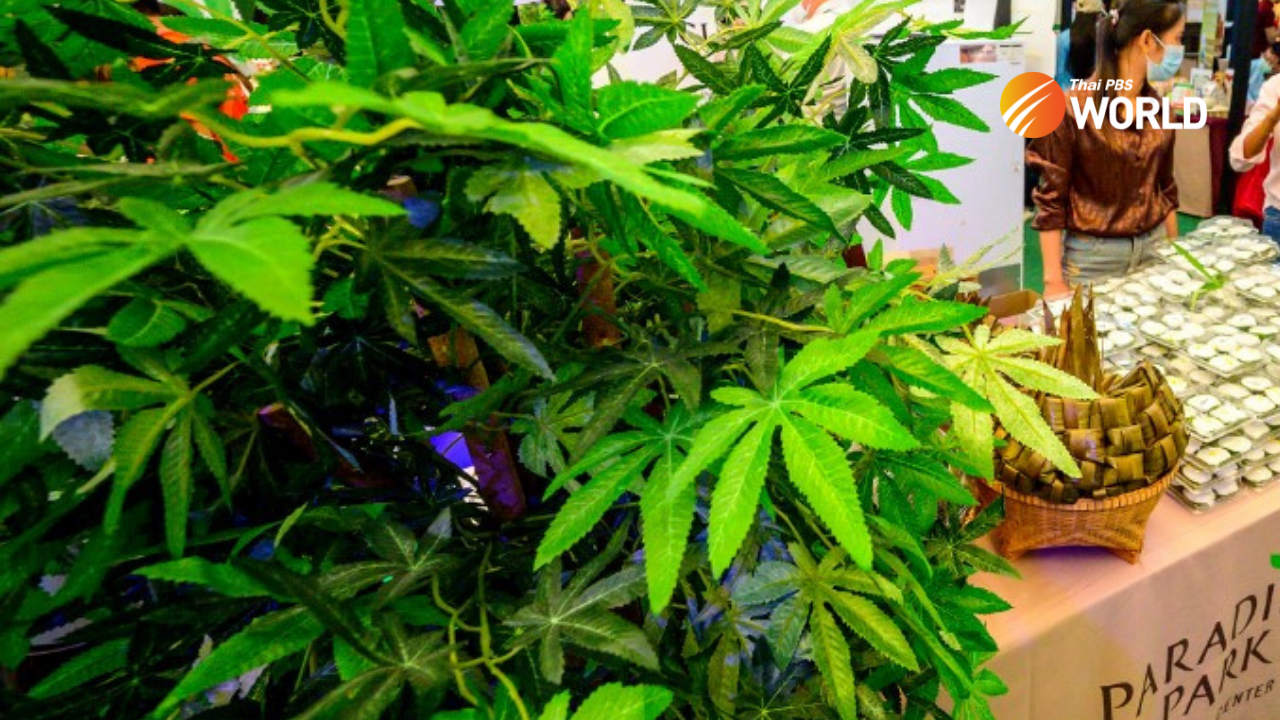
Thai farmers have also been permitted to cultivate cannabis after registering with the nation’s Food and Drug Administration. Local dispensary owners have expressed concerns about unrestricted imports and declining prices in the market.
The cannabis industry, however, remains undeterred by the potential reintroduction of controls. Poonwarit Wangpatravanich, president of the Phuket Cannabis Association, highlights the blurred lines between medical and recreational cannabis use, suggesting that banning recreational use might be impractical. Wangpatravanich acknowledges that more regulation could be beneficial to prevent a free-for-all but emphasises that the status of cannabis in Thailand remains uncertain.
Advocates argue that reclassifying cannabis as a narcotic rather than regulating the industry could drive recreational use underground, exacerbating control challenges. Reclassifying cannabis as a narcotic rather than implementing industry regulations could potentially drive recreational use into the underground market, where control measures would be significantly diminished. This insight comes from Rattapon Sanrak, the founder of the cannabis advocacy group Highland Network.
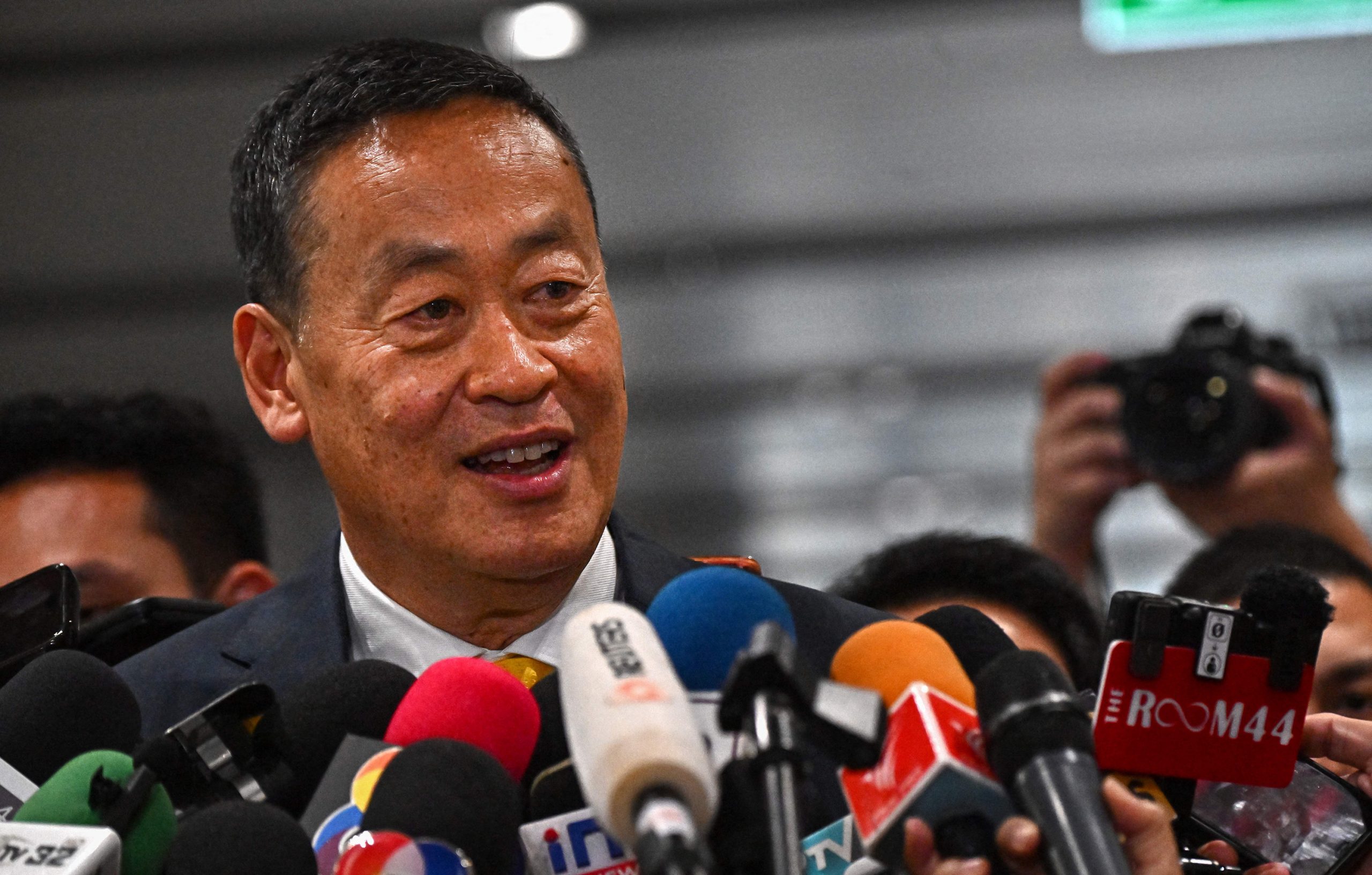
Srettha’s government has pledged to combat drug-related issues in Thai society and aims to significantly reduce drug-related problems within a year. This commitment was demonstrated at an event where confiscated narcotics were destroyed by authorities.
Thailand serves as a significant conduit for drug trafficking in Southeast Asia’s extensive Mekong River valley, with enforcement agencies sometimes accused of turning a blind eye. According to the United Nations Office on Drugs and Crime, Southeast Asia’s organised crime economy, which includes drug and wildlife trafficking, was estimated to be worth $130 billion (nearly RM610 billion) in 2019.
Prime Minister Srettha Thavisin, a real estate tycoon and political newcomer, was elected by Thai lawmakers a month ago. His appointment ended a three-month deadlock and led to a coalition government between his Pheu Thai party and its traditional military adversaries. At the time, Srettha, aged 60, pledged to bring about substantial change during his tenure, focusing on enhancing the lives of the Thai people.
What do you think of the country’s approach to cannabis regulation? Feel free to join the conversation via our comment section.

 Get Audio+
Get Audio+ Hot FM
Hot FM Kool 101
Kool 101 Eight FM
Eight FM Fly FM
Fly FM Molek FM
Molek FM
